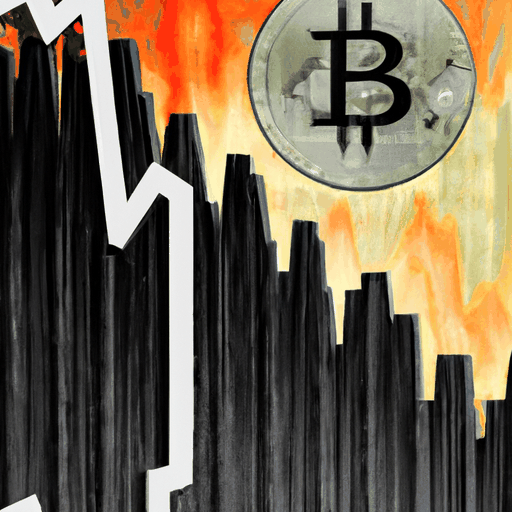
Bitcoin Resilience Shines As Stock Markets Plunge Amid Tariff Chaos
By: Eliza Bennet
The global financial markets have been rocked by a significant downturn triggered by the announcement of new tariffs by US President Donald Trump. As this policy change led to a massive $5 trillion loss in the stock market, many are turning their eyes towards Bitcoin, which has surprisingly remained resilient amidst the turmoil. This unfolding scenario demonstrates Bitcoin's potential as a financial hedge in periods of economic instability.
On April 2, President Trump announced sweeping reciprocal import tariffs aimed at reducing America's trade deficit and boosting domestic manufacturing. However, this policy led to unprecedented market reactions, with the Dow Jones Industrial Average, Nasdaq, and the S&P 500 posting some of their largest losses in history. The sell-off even surpassed the significant market decline during the COVID-19 pandemic in March 2020, as Clinton Polley from Bloomberg reported here.
In the wake of these disruptions, Bitcoin has emerged as a beacon of stability. As the S&P 500 faced a record-breaking drop, Bitcoin held its ground, fluctuating marginally around $83,000. Renowned Bitcoin analyst Rajat Soni pointed out that while the S&P 500 lost all its returns since March 2024, Bitcoin has appreciated by approximately 30% during the same period. This remarkable performance has been echoed by several market analysts, including Tether CEO Paolo Ardoino, who highlighted Bitcoin's potential as a hedge against financial instability here.
Moreover, the recent imposition of tariffs on Asian countries has drawn considerable attention. Nations like China, Taiwan, Vietnam, and Japan are bearing the brunt, with tariffs ranging up to 46%. In contrast, Bitcoin, as a digital asset, faces no such import taxes, placing it in a unique position compared to physical goods. Michael Saylor, Executive Chairman of Strategy, emphasized Bitcoin's advantage in avoiding such tariffs, further solidifying its appeal during economic uncertainties. However, analysts caution that while direct impacts might be minimal, the broader economic strain from tariffs could still influence cryptocurrency investments as consumer purchasing power diminishes.



